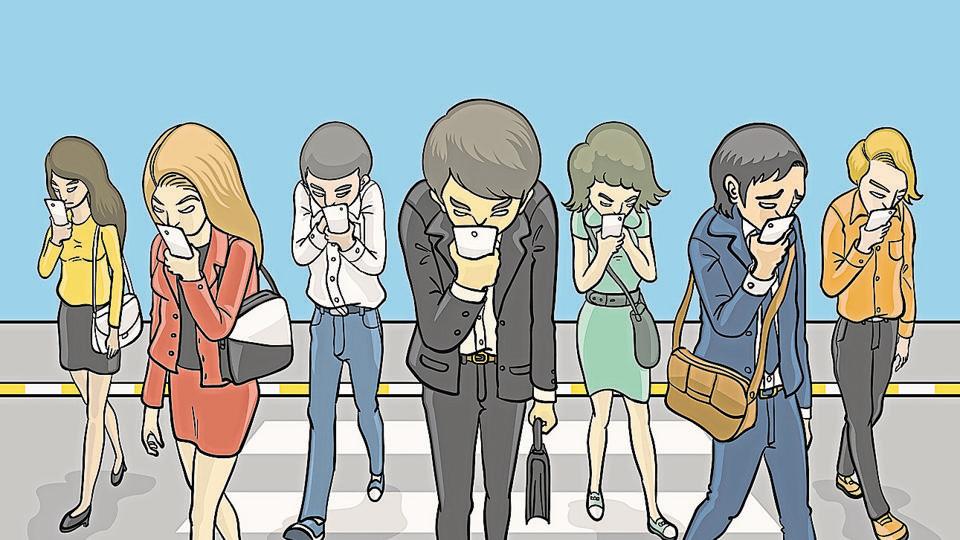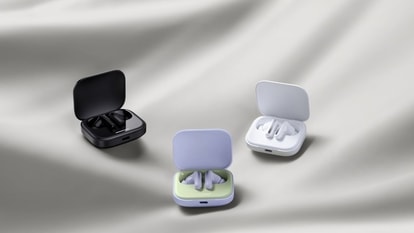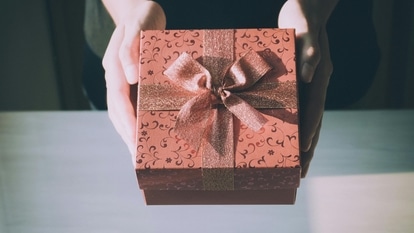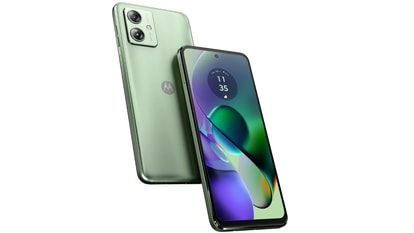‘Addictive as heroin’: Facebook Like creator discards all apps from phone
Justin Rosenstein says Facebook Likes were “bright dings of pseudo-pleasure”.


Former Facebook software engineer Justin Rosenstein, inventor of the iconic Like button, has got rid of all apps from his smartphone over fears that social media is as addictive as heroin.
The 34-year-old techie bought a new iPhone and set up parental controls to keep himself away from the social networking apps.
According to a report in The Guardian, he is so concerned about the addiction to social media, which he compared with heroin, that he has blocked himself from Reddit and Snapchat, and imposed strict time-limits on his use of Facebook.
He said he cannot trust himself from surrendering to the lure of notifications from such apps.
In an interview to The Guardian, Rosenstein says Facebook Likes were "bright dings of pseudo-pleasure".
The engineer invented Like in 2007 that laid the foundation of what he called an "attention economy".
"It is very common for humans to develop things with the best of intentions and for them to have unintended, negative consequences," he said.
"Everyone is distracted, all of the time. One reason I think it is particularly important for us to talk about this now is that we may be the last generation that can remember life before. If we only care about profit maximisation, we will go rapidly into dystopia."
Rosenstein, who heads a company focused on improving office productivity, is not the only concerned about addictive apps.
Leah Pearlman, who was a product manager in Facebook and part of the team that developed Like, revealed she is fed up with the apps. She not only has a web browser plug-in to block her Facebook news feed but has also hired a social media manager to run her page, The Guardian reported.
Rosenstein's confession vindicates studies that foretold the negative impact of excessive social media use.
According to a study published last year, we touch our phones about 2,617 times a day. "For the heaviest users—the top 10%—average interactions doubled to 5,427 touches a day. Per year, that's nearly 1 million touches on average—and 2 million for the less restrained among us," the study said.
Another research suggests that people are logging onto Facebook to achieve a "reward feeling". "What we show with this study is that even with something as simple as the Facebook logo, seeing the Facebook wall of a friend or seeing anything associated with Facebook, is enough to bring that positive association back," Allison Eden, assistant professor at Michigan State University in the US, said earlier this year.
With the advent of social media, there have been cultural and behavioural changes. This does not exclude India.
According to a study conducted by National Institute of Mental Health and Neurosciences (NIMHANS) in urban areas of Bengaluru, about 4.1% of the 2,755 people surveyed were addicted to mobile phones and 1.3% to the internet.
Rosenstein took a more radical step to get rid of his addiction, but a number of people are now embracing what's called "digital detoxification".
People are now trying to refrain from using appliances such as smartphones or computers in order to focus more on physical social interactions. McAfee, a security research firm, published an in-depth report on Digital Detox.
"Only 43% of survey respondents went on vacation in the last year with the intent to unplug. Of those individuals, being in the moment (69%) and stress relief (65%) were the most common reasons for planning to unplug. When we looked at individuals who intended to unplug, 81% reported they were successful and their vacation was more enjoyable because of it," the study said.
The report, however, said more than half of respondents (52%) indicated that they spend at least an hour a day on vacation using their connected devices.
Catch all the Latest Tech News, Mobile News, Laptop News, Gaming news, Wearables News , How To News, also keep up with us on Whatsapp channel,Twitter, Facebook, Google News, and Instagram. For our latest videos, subscribe to our YouTube channel.


























